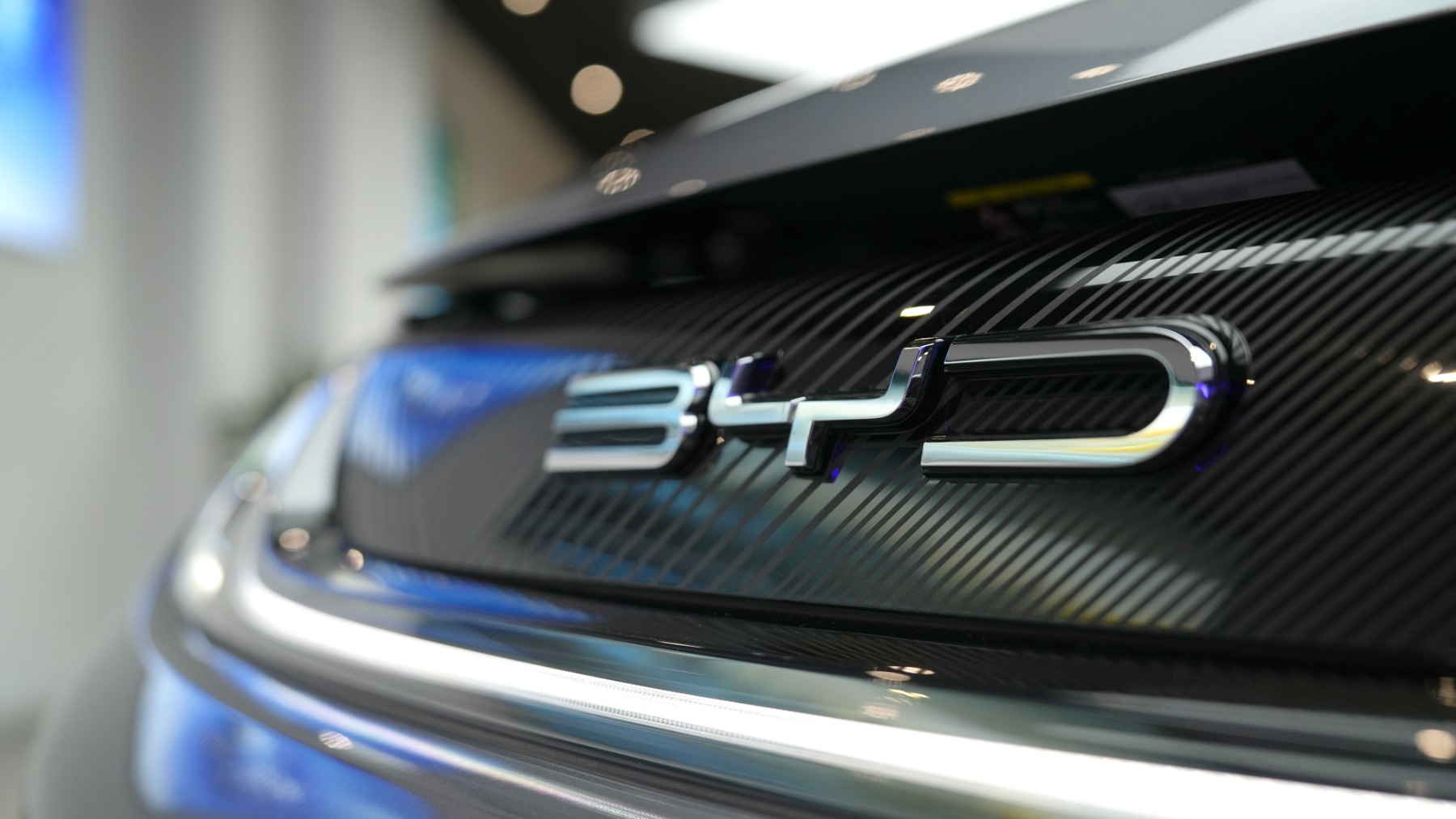BYD and U.S. Hybrid Corporation's Collaborative Leap: Pushing the Boundaries of Green Transit
Key Ideas
- BYD and U.S. Hybrid Corporation have partnered to introduce a hydrogen fuel cell battery-electric bus tailored for Hawaii's Clean Energy Initiative, aiming to reduce reliance on imported oil and cut greenhouse gas emissions.
- The buses will operate at Honolulu's Daniel K. Inouye International Airport, aligning with Hawaii's goal to run entirely on renewable energy by 2045, showcasing a commitment to sustainable transportation.
- BYD's broader mission includes making its fleet more environmentally friendly, evident in recent projects like collaborating with De Lijn to provide electric buses and playing a key role in transitioning to a cleaner future for transportation.
- The introduction of electric buses, incorporating hydrogen fuel cell technology, signifies a significant step in reducing transportation-related emissions and phasing out diesel-powered vehicles, posing a challenge to traditional models and competitors like Tesla.
BYD, in collaboration with U.S. Hybrid Corporation, is launching a new hydrogen fuel cell battery-electric bus, designed specifically for Hawaii's Clean Energy Initiative. This partnership signifies a major leap in green transit solutions, aiming to decrease reliance on imported oil and slash greenhouse gas emissions. BYD, known for its electric vehicle expertise, and U.S. Hybrid Corporation, specializing in hybrid powertrain systems, have combined forces to introduce these innovative buses at Honolulu's Daniel K. Inouye International Airport, serving as a key location for sustainable transportation. The buses, operated by Robert’s Hawaii, will utilize BYD's battery-electric platform alongside hydrogen fuel cell technology, eliminating the need for traditional plug-in charging. This initiative aligns with Hawaii's ambitious plan to achieve full renewable energy reliance by 2045.
BYD's commitment to environmental sustainability is showcased through various projects, including supplying electric buses to De Lijn in Europe, supporting the transition to emission-free public transport by 2035. As the transportation sector shifts towards electric alternatives to reduce emissions, heavy-duty electric vehicles like buses play a vital role in creating a cleaner future. The introduction of these buses not only challenges traditional diesel-powered vehicles but also competes directly with industry giant Tesla, signaling a significant advancement in the realm of clean transit. BYD's strategic move in the electric bus sector reflects a broader vision for sustainable transportation and highlights the potential for electric buses to revolutionize the industry by offering a more eco-friendly alternative.
